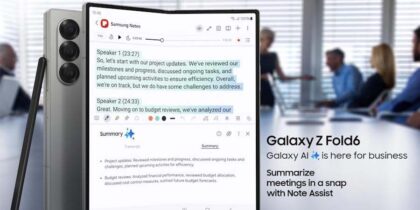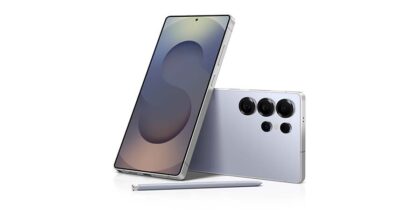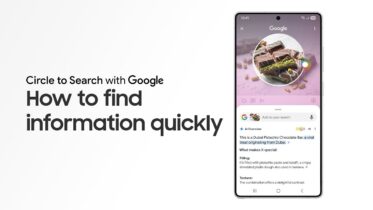The meteoric growth of technology in recent years promises many new opportunities for businesses. Yet the lack of proper workplace tech is one of the top three dissatisfactions of today’s employees. This is especially so for the Next Generation Achievers — the 20 to 35-year-olds who grew up with mobile phones and tablets at their fingertips. Used to smart devices and open access to a world of data, they find their productivity hampered by the outdated legacy systems they are provided. Only 40 percent of millennials are satisfied with their company’s digital tech.
As mentioned in the article “The Balancing Act: Keeping Your Workforce Mobile and Your Data Secure,” employees who are not provided with the right technology often create their own workarounds. Unfortunately, these can create their own problems, including security issues. With their disregard for established rules, Next Generation Achievers are often labeled as “disruptive”. But senior management and corporate decision makers should realize, there are reasons for this disruptiveness. As Rita J. King, futurist and Co-Director of Science House, puts it: “People who perceive the new workforce as disruptive need to think about the fact that the old, outdated technologies … are disruptive to them.”
Equipped with the right technology, these employees go from being “disruptive” to “productive”.
The Drive for a Common Goal: Productivity
Today’s millennial workers are more ambitious and driven than many realize, with most citing a sense of purpose as part of the reason they chose their current employer. They want to get things accomplished, and over 80 percent want technology that can boost their productivity. Ideally, their work tools should be as seamless and intuitive as their smart devices.
Company leaders would of course be thrilled with increased productivity, and 87 percent of business leaders believe collaborative mobile tools can lead to improved flexibility and productivity. Yet there is resistance to abandoning outdated legacy systems. Existing hierarchies can often be part of the problem, as Rita J. King describes to co-host Bob Egan in the webinar Born Disruptive: Powering the Workforce of the Next Mobile Economy “Technology failures happen in part because of the complex interdependencies of outdated systems conflicting with the path to the corner office.”
To thrive in the digital age, senior management needs to be progressive, understand its staff better, and provide flexible, easy-to-use, secure tools that enhance productivity.
The Flexibility to be More Productive
Growing up with on-demand information and services, Next Generation Achievers value the ability to be productive anytime, anywhere. They are happy to work outside the office or after office hours — more than 80 percent feel they don’t need to be in an office to be productive. However, to tap this “always-on” productivity, employers will need to offer flexible, viable mobile tools.
Devices such as the Samsung Galaxy Note9 give them the power to handle business tasks on the go, while built-in Samsung Knox technology offers defense-grade security and the ability to keep work and personal data separate.
Flexibility also improves an organization’s ability to retain its most effective, productive young workers. Only 17 percent of millennial employees in less flexible workplaces plan to stay more than five years. This figure triples to 55 percent when the employer is more flexible.
Collaboration is Key in the Modern Workplace
As much as the next generation workforce values the ability to work out-of-office, they also want to share ideas, break down problems and work out solutions with their colleagues around the world. After all, they’re used to doing the same on social media.
Highly connected companies are twice as likely to outperform their competitors, when compared to less collaborative organizations. Yet almost 40% of business executives, managers and consultants feel that their companies are not doing enough to facilitate collaboration.
With half of workers expected to work remotely by 2020, businesses would do well to enable seamless collaboration. Technologies such as Samsung’s DeX offer a desktop-like experience on mobile devices like the Galaxy Tab S4, allowing users to participate in presentations, virtual meetings and discussions, collaborating with their peers from anywhere in the world.
Creating the Productive Workplace of the Next Mobile Economy
Driven, tech-enabled, and highly mobile, Next Generation Achievers do not love disruption for its own sake. They just want a purpose, and the means to achieve it. The right technology and work systems will help them contribute, and improve business performance and productivity in the Next Mobile Economy.
What do you need to do to get on track? Bob Egan, CIO Advisor & CEO, The Seraphim Group, has a wealth of ideas in the webinar Born Disruptive: Powering the Workforce of the Next Mobile Economy “What are the things that you do that are very mundane that you would get rid of immediately if you could, that allows you to create more value in the product/service you deliver? Get out of your office, and talk to employees.”
Catch Rita J. King and Bob Egan in the full webinar and get more insights on preparing your business for the workforce of tomorrow.








